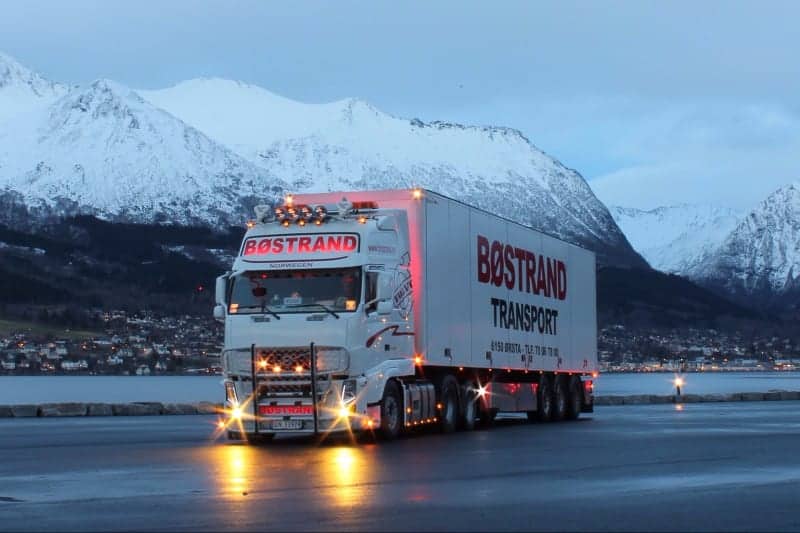Keep New drivers Safe with the Best Coverage
There’s a reason our clients consistently send their friends to us for their insurance. They know we’ll work to get new CDL drivers the best coverage possible.

What You Need to Know About CDL Insurance
If you love driving and don’t mind the long hours associated with commercial driving, then it can be a great career. To become a commercial truck driver, you need to get your CDL (Commercial Driver’s License) by passing some written and road tests. And, once you meet these basic requirements, you can get a job as a truck driver.
When vehicles are involved, there is a new element of risk introduced in business operations. To mitigate this risk for business owners, commercial vehicle insurance becomes an essential requirement.
Do CDL Drivers Get Cheaper Insurance?
As you may know, you need a CDL to start your career as a commercial truck driver. However, once you join the job, you will have to deal with many issues. Therefore, it is an excellent idea to get CDL insurance for your job.
Because the insurance package is designed for drivers, it is a combination of multiple types of protection coverage. Liability insurance, comprehensive coverage, collision coverage, and cargo insurance are some options.
Because you are getting all these options in a single package, you can get cheap insurance options instead of getting all these policies separately. You should also keep in mind that the right CDL insurance will provide you additional benefits like combined deductible and loss mitigation. Such features come in handy while dealing with unexpected incidents on the road.
CDL Insurance FAQ’s
What’s Typically Included in the Coverage
What’s Typically Included in the Coverage
Typically, truck insurance for new drivers covers the following:
Liability Insurance – This pays for any damage that occurs to other’s property caused by you and a limit of up to $1,000,000 is required.
Physical Damage – This covers any damage that occurs to your truck and this coverage has 2 components:
Comprehensive Coverage – This covers any damage which occurs outside any collisions, including vandalism, theft, damage caused by the weather, animals, etc.
Collision Coverage – Covers any damage caused due to an accident caused by a collision.
Cargo Insurance – This insurance covers any damage caused to the goods being carried in the trailer and most of the motor carriers and companies require the trucker to carry cargo insurance for any type of goods they carry.
Non-Trucking Liability or Bobtail Insurance – This essentially covers the tractor when it is not connected to the trailer.
Loading and Unloading – The cargo insurance usually does not cover the goods while being loaded onto the trailer and the loading/unloading coverage covers this gap.
Debris Removal – In case of an accident, if the cargo is spilled, this coverage pays for the removal of the debris.
Combined Deductible – If there is a major accident, you will have to pay the deductible of all the individual coverages. However, if you have a combined deductible coverage, you only will be required to pay a single amount.
Earned Freight – In the case of an accident or if any shipment is not delivered, then the earned freight insurance pays back any income that you have lost.
Loss Mitigation – Any loss that you incur after an accident is covered by the loss mitigation insurance.
You might like to Read: Dot Insurance Requirements
